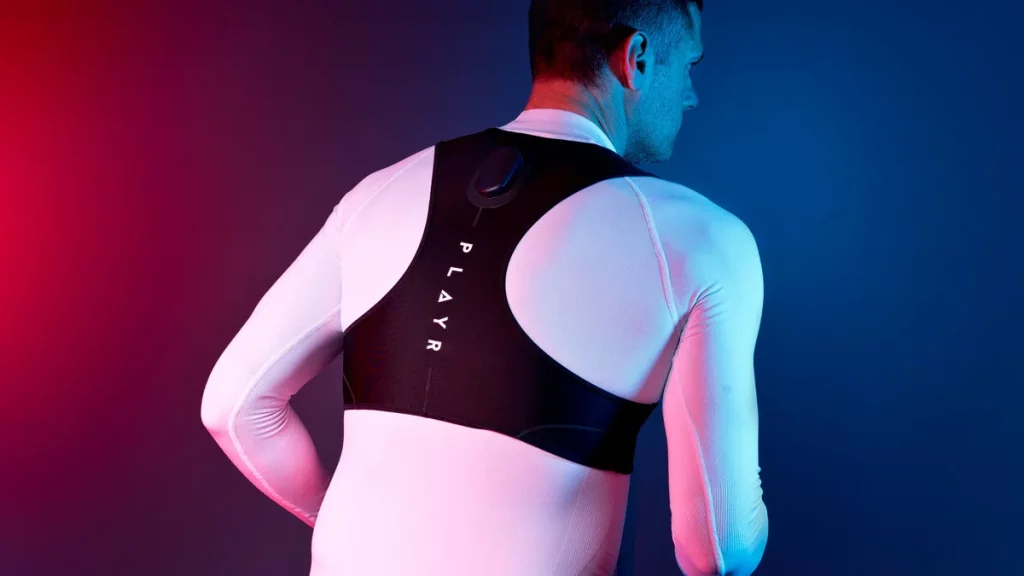Introduction: The Rise of Emotional Self-Quantification
In the past decade, digital health tools have transitioned from niche wearables to everyday essentials. While step counters and sleep trackers have become household names, a subtler trend has emerged in their wake—emotion-tracking apps. These tools promise to decode our moods, map our triggers, and optimize our emotional well-being. From journaling platforms with mood sliders to AI-driven apps analyzing voice tone and facial expressions, users are now monitoring emotions like they would blood pressure. But as this digital introspection becomes normalized, a question arises: Are we learning to feel more deeply, or are we outsourcing emotional awareness to algorithms? Are emotion-tracking apps a gateway to self-understanding or just another tool fostering detachment?
The Appeal of Emotional Metrics
Modern life demands optimization. With wellness now a measurable goal, it’s only logical that emotions follow suit. Apps like Moodnotes, Daylio, Reflectly, and Youper allow users to log daily feelings, identify mood patterns, and receive personalized suggestions. Some sync with calendars and wearables to correlate moods with events, exercise, or sleep quality. Others use sentiment analysis or CBT-based reflections to guide users through challenging emotions. For many, the process of logging feelings offers structure and accountability—making the invisible, visible. Emotional data feels empowering, especially for those navigating mental health challenges, decision fatigue, or neurodivergence.
Understanding the Emotional Self Through Data
Tracking emotions can sharpen self-awareness. When patterns emerge—feeling low after certain meetings, energized by nature, anxious every Sunday night—users can identify environmental and behavioral contributors to their emotional state. This information becomes a foundation for change. Therapists often recommend mood tracking as part of Cognitive Behavioral Therapy (CBT), Dialectical Behavior Therapy (DBT), or trauma recovery work. Emotional tracking can also help with medication monitoring, detecting early signs of relapse in mood disorders, or preparing for therapy sessions with concrete examples. In these cases, the app serves as a mirror, not a crutch—enhancing our ability to name, regulate, and transform emotion.
When Insight Turns Into Obsession
But when does tracking stop helping and start harming? Psychologists warn that over-monitoring can create a hyper-vigilance that paradoxically blunts emotional experience. Emotion is inherently fluid and messy—turning it into data can encourage users to “rate” feelings rather than feel them. Emotional data fatigue, a term gaining traction among therapists, refers to the burnout users feel when every sigh, smile, or spiral must be logged. This constant self-surveillance can lead to anxiety, detachment, and even shame. Instead of asking, “How do I feel?” users may ask, “What should I be feeling based on my chart?” The app becomes a judge, not a guide.
Therapist Perspectives on Healthy Use
Clinical psychologists offer nuanced takes on the rise of emotion-tracking apps. Dr. Lila Moreno, a trauma-informed therapist, explains: “Tracking emotions can be deeply helpful—if it’s used as a tool for inquiry, not control. The moment it becomes rigid or compulsive, it defeats its purpose.”
Dr. Darren Lu, a CBT specialist, adds: “I’ve had clients feel worse because their ‘mood score’ looked bad, even if they had a pretty decent day. It’s important to remind people that emotions aren’t failures to fix.”
Therapists agree on key principles:
- Track with curiosity, not judgment
- Use tracking to identify patterns, not label personality
- Take breaks from logging if it becomes overwhelming
- Always pair digital tracking with embodied awareness (breath, sensation, etc.)
- Avoid using mood averages as moral evaluations
The Problem of Algorithmic Empathy
Most emotion-tracking apps use AI-driven sentiment analysis to offer insight. While this technology can detect trends or outliers, it lacks true empathy. An app might flag your tone as “angry” based on vocal intensity without understanding that you’re passionately advocating for yourself. Emotional nuance—sarcasm, grief masked by humor, cultural expressions—is often lost in translation. Overreliance on digital tools can flatten emotional complexity. More worryingly, it may train users to see feelings as binary (good vs. bad, high vs. low), reinforcing productivity-based thinking in emotional realms. The question becomes not “What am I learning about myself?” but “What does the app say about me?”

When Self-Tracking Replaces Self-Feeling
There’s a growing concern that we’re becoming too cerebral about our feelings—analyzing instead of embodying them. Neuroscientists note that deep emotional processing involves not just cognition but also somatic awareness—sensation, breath, posture. Emotional intelligence includes interoception: the ability to sense what’s happening inside your body. If we habitually outsource this to devices, we risk dulling that inner compass. This isn’t to say emotion-tracking apps are harmful, but they should serve as portals, not proxies. As one therapist puts it, “If your mood log knows more about your emotions than you do, it’s time to unplug.”
Mindful Alternatives to Digital Tracking
For those feeling overwhelmed by digital self-monitoring, there are slower, embodied practices that cultivate emotional awareness without quantifying it.
- Body scans: Tune into bodily sensations without judgment
- Expressive writing: Use free-flow journaling to explore inner narratives
- Voice journaling: Speak feelings aloud for somatic release
- Emotion-focused breathwork: Pair breath with emotional imagery
- Feel-first reflections: Pause and ask, “Where in my body do I feel this?” before labeling the emotion
These methods allow for emotional exploration without converting feelings into metrics. They prioritize presence over performance.
Who Benefits Most from Emotion-Tracking Apps?
Emotion-tracking apps may be most beneficial for:
- People with mood disorders who need pattern awareness
- Neurodivergent individuals who struggle to identify emotions
- Therapy clients looking to supplement treatment
- High-stress professionals needing emotional check-ins
- Caregivers and parents tracking behavioral-emotional cycles in children
However, these tools are not one-size-fits-all. For trauma survivors or perfectionists, tracking can trigger hypervigilance or shame. Personalization, flexibility, and therapist collaboration are key.
Designing Emotion-Tracking for Emotional Growth
If these tools are to truly support well-being, app developers must move beyond charts and emojis. Future emotional wellness apps should:
- Prioritize qualitative over quantitative data
- Include therapist-verified content and prompts
- Encourage periodic breaks and digital detoxes
- Build in somatic check-ins, not just cognitive reflections
- Offer users emotional vocabulary building—not just pattern analysis
- Protect privacy with encrypted, locally stored data
The goal should be emotional literacy, not emotional control.
Conclusion: Are We Feeling More or Less?
Emotion-tracking apps are not inherently good or bad—they are tools. Like any tool, their impact depends on how they’re used. When approached mindfully, they can increase self-awareness, empower therapy, and illuminate emotional patterns. But when overused or misunderstood, they risk commodifying feelings, distorting emotional reality, and weakening intuitive self-connection. Ultimately, emotional health isn’t about monitoring every feeling—it’s about learning to sit with them, move through them, and trust that we don’t always need a graph to grow. In a culture obsessed with optimization, perhaps the bravest act is to feel something fully—and let it be.







































